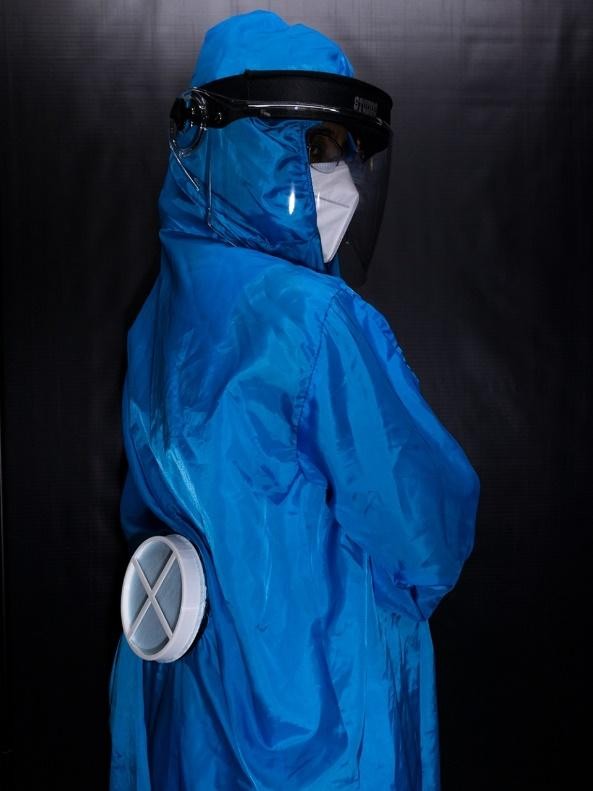In a groundbreaking study, researchers from the European Molecular Biology Laboratory (EMBL) and the University of Split, Croatia, have unveiled a potential link between gut microbes and bladder cancer. This discovery may offer new insights into how cancer develops and how it could be prevented in the future.
The human gut, home to over 10 trillion microbes, plays a crucial role in our health, from digesting food to bolstering immune responses. Recent findings suggest these microbes might also influence how our bodies handle carcinogens—the cancer-causing chemicals often found in tobacco smoke and other environmental sources.
The study, led by Janoš Terzić’s lab at the University of Split, used a well-established mouse model to investigate bladder cancer induced by the carcinogen nitrosamine BBN, a compound found in tobacco smoke. When mice exposed to BBN were simultaneously treated with antibiotics, which effectively eliminated 99.9% of their gut bacteria, the incidence of bladder tumors dropped dramatically. While 90% of untreated mice developed tumors, only 10% of those treated with antibiotics did.
Blanka Roje, a co-first author of the study, described the surprising results, stating, “The decrease in tumor incidence was so dramatic that at first I doubted the results. We had to repeat the experiment five times to be sure.”
The collaboration between Terzić’s lab and EMBL’s Michael Zimmermann revealed that gut bacteria might convert BBN into another compound, BCPN, which then accumulates in the urinary bladder and promotes tumor formation. The researchers identified 12 bacterial species responsible for this conversion, some of which were surprisingly found to be skin-associated and present in low abundance in the gut.
Further investigations using human fecal samples confirmed that human gut bacteria could also convert BBN into BCPN. The study even demonstrated that transplanting human stool into germ-free mice enabled the conversion of BBN to BCPN, highlighting the relevance of these findings to human health.
However, the research also uncovered significant variability in how different individuals’ gut microbiomes metabolize BBN, suggesting that a person’s gut microbiome might influence their susceptibility to cancer. “This could explain why some people exposed to carcinogens do not develop cancer while others do,” said Terzić.
Despite these promising results, the researchers caution against considering antibiotics as a universal cancer prevention method. Zimmermann emphasized the need for further studies to understand the microbiome’s role in carcinogen metabolism and cancer development. “Cancer is a multifactorial disease with many contributing factors,” he noted.
The study aligns with EMBL’s broader research themes, which focus on microbial ecosystems and their interactions with human health. As research progresses, it could pave the way for personalized approaches to cancer prevention based on an individual’s gut microbiome.
For more information on EMBL’s research themes, visit EMBL’s Microbial Ecosystems and Human Ecosystems Program.












